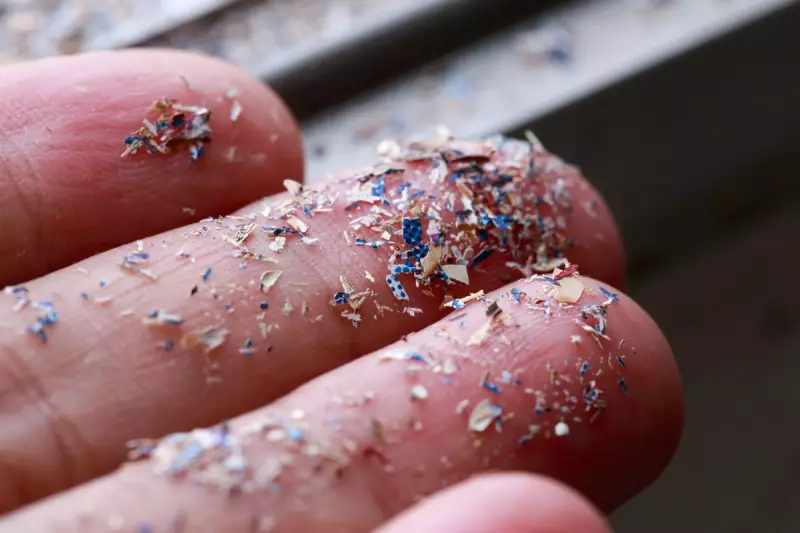
In a discovery that could change how we view our daily greens, a startling new study has found that fresh salad leaves are acting as magnets for microplastics, potentially exposing healthy eaters to a hidden dose of plastic pollution.
The research, conducted by a team of British scientists, reveals a disturbing pathway for these tiny plastic particles to enter our food chain. The findings suggest that the very vegetables promoted for their health benefits are inadvertently becoming a source of contamination.
How Salad Becomes a Microplastic Sponge
The study focused on the texture and shape of common salad leaves, such as lettuce and rocket. Their complex, waxy surfaces and natural grooves create the perfect environment for microplastics to latch on and persist.
Even after thorough washing, a significant amount of these particles remain stuck to the leaves, meaning they are consumed directly. This contamination is believed to occur through multiple routes, including:
- Absorption from contaminated soil where plastics have broken down.
- Irrigation with water containing microplastic particles.
- Airborne microplastics settling on the crops as they grow.
A Growing Concern for Public Health
While the full impact of ingesting microplastics on human health is still being unravelled, the presence of these synthetic particles in our food is a major cause for concern among experts.
"This turns the concept of healthy eating on its head," the lead researcher noted. "We are consuming plastic particles along with the vitamins and minerals in our salad." The long-term effects are still unknown, but scientists are urgently investigating potential links to inflammation and other health issues.
What Does This Mean for the UK Consumer?
This research poses serious questions about food safety and agricultural practices in the UK. It highlights the pervasive nature of plastic pollution, showing it is not just an ocean problem but one that has infiltrated the entire ecosystem—and our dinner plates.
The study serves as a stark warning and a call to action for better waste management and more sustainable farming practices to safeguard our food supply from this invisible threat.





